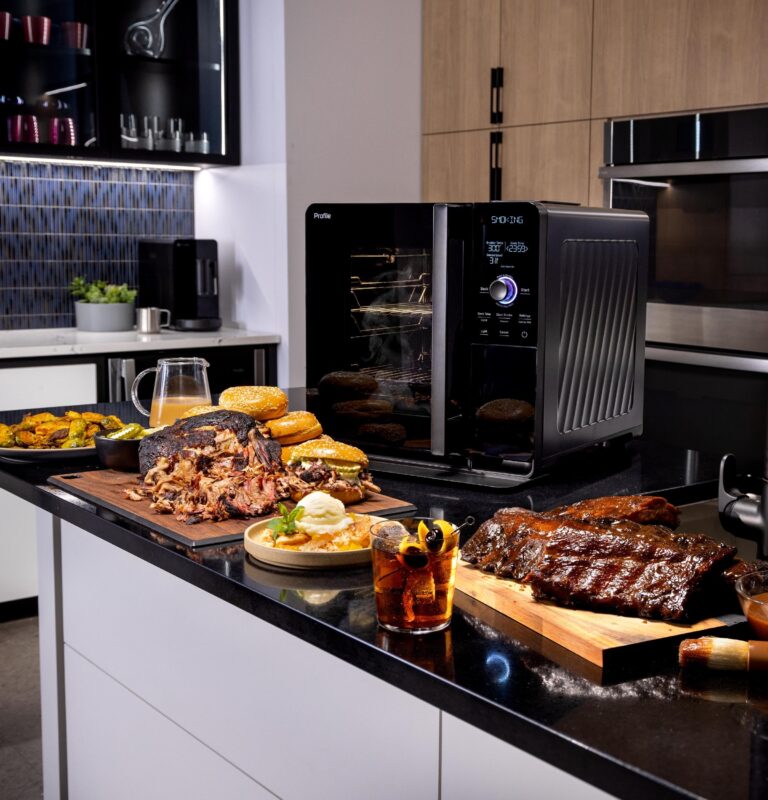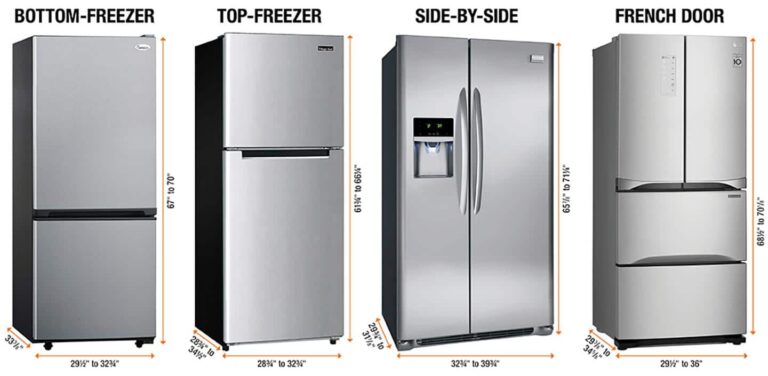Must-Know Home Appliance Safety Tips: Protecting Your Home and Family
Home appliances are essential for everyday living, making tasks easier, faster, and more efficient. However, as with any electrical or mechanical device, they come with certain risks if not used properly. Accidents related to home appliances can lead to serious injuries, fires, or costly damages. Whether you’re using a simple kitchen appliance or an advanced home automation system, it’s crucial to understand and practice safety precautions. In this article, we’ll provide must-know safety tips for home appliances to ensure you can enjoy their benefits without compromising safety.
Always Read the User Manual: The Key to Safe Operation
One of the most important steps in ensuring home appliance safety is reading the user manual. The manual provides specific instructions on how to operate, clean, and maintain the appliance properly. Ignoring these guidelines can lead to misuse or potential malfunctions, increasing the risk of accidents. For example, some appliances require a certain type of power supply, while others have cleaning instructions that must be followed to avoid electrical issues or wear and tear. The user manual is your first line of defense in preventing appliance-related accidents and ensuring safe usage.
Regular Maintenance: Keeping Your Appliances in Top Condition
Regular maintenance is vital to the safety and longevity of home appliances. Over time, dust, grease, and wear can cause appliances to function inefficiently or even malfunction. For example, cleaning out the lint trap in your dryer after every load prevents fire hazards. In addition, regularly checking power cords for frays, inspecting stove burners for leaks, and ensuring your refrigerator door seals are intact all contribute to safe appliance operation. Setting a schedule for cleaning and maintenance ensures that appliances remain in good condition, lowering the risk of accidents.
Be Mindful of Electrical Safety: Preventing Fires and Shocks
Electrical appliances are responsible for many household accidents, including electrical shocks and fires. To minimize these risks, make sure to plug appliances directly into wall outlets avoid using extension cords or overloaded power strips, as these can overheat and cause fires. Always unplug appliances when not in use, especially larger items like toasters, ovens, and space heaters. If you notice any frayed or exposed wiring, replace the appliance immediately. Electrical safety is essential for all home appliances, particularly those that draw a lot of power, such as washing machines, refrigerators, and microwaves.
Keep Appliances Clean and Dry: Reducing Risk of Malfunctions
Many home appliances, especially kitchen and bathroom gadgets, operate best when kept clean and dry. Appliances like coffee makers, dishwashers, and refrigerators can accumulate moisture, food particles, and grime, which can damage their internal components and lead to unsafe operations. Always ensure appliances are properly dried after cleaning to avoid short circuits. Additionally, for appliances that come into contact with food or water, such as blenders and juicers, make sure they are free of residue to prevent contamination and malfunctions. Keeping your appliances clean not only improves their performance but also reduces potential safety hazards.
Use Appliances as Intended: Avoiding Unnecessary Risks
Another key safety tip is to use each appliance only for its intended purpose. For example, never use a space heater to dry clothes, or operate a kitchen blender without securing the lid. Using appliances for tasks they weren’t designed for can cause damage, accidents, or injuries. Ensure you follow the instructions for proper usage, and avoid forcing an appliance to do something it wasn’t built to handle. If an appliance malfunctions or doesn’t seem to work as expected, stop using it immediately and contact a professional for repairs or servicing.
FAQs
Q1: How can I prevent electrical fires from my appliances?
To prevent electrical fires, always plug appliances directly into a wall outlet, avoid using extension cords, and regularly check cords for signs of wear. Additionally, keep flammable materials away from heat-producing appliances and never leave them unattended while in use.
Q2: What appliances are most prone to causing electrical shocks?
Appliances like toasters, electric kettles, and hair dryers can pose a risk of electrical shock if they are damaged or exposed to moisture. Always inspect these appliances for visible wear, and never use them near water unless they are specifically rated for wet environments.
Q3: How do I safely clean my appliances?
Always turn off and unplug appliances before cleaning them. Use a damp cloth to wipe down surfaces, and avoid using abrasive cleaners that may damage surfaces. For larger appliances like dishwashers or refrigerators, refer to the user manual for specific cleaning instructions.
Q4: How can I tell if an appliance needs repair?
If an appliance is making strange noises, emitting unusual smells, or isn’t functioning as expected, it may need repair. Also, if an appliance repeatedly trips the circuit breaker or has visible damage like frayed wires, it’s time to have it checked by a professional.
Q5: Are there any safety precautions for using gas-powered appliances?
Yes, ensure that gas-powered appliances, such as stoves and heaters, are regularly inspected for leaks. If you smell gas, turn off the appliance immediately and ventilate the area. Never ignore the safety guidelines outlined in the user manual, and always ensure the appliance is properly maintained.

